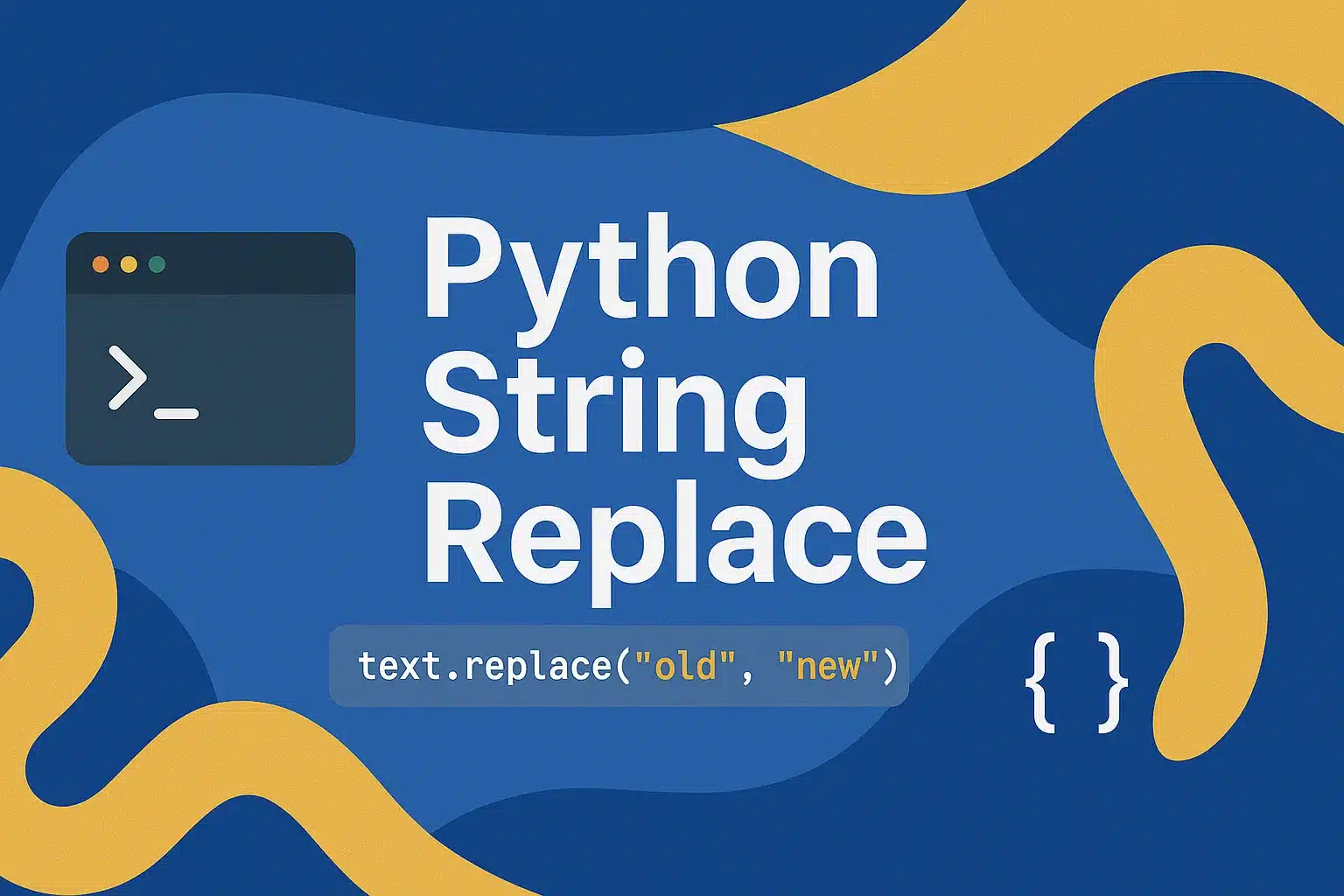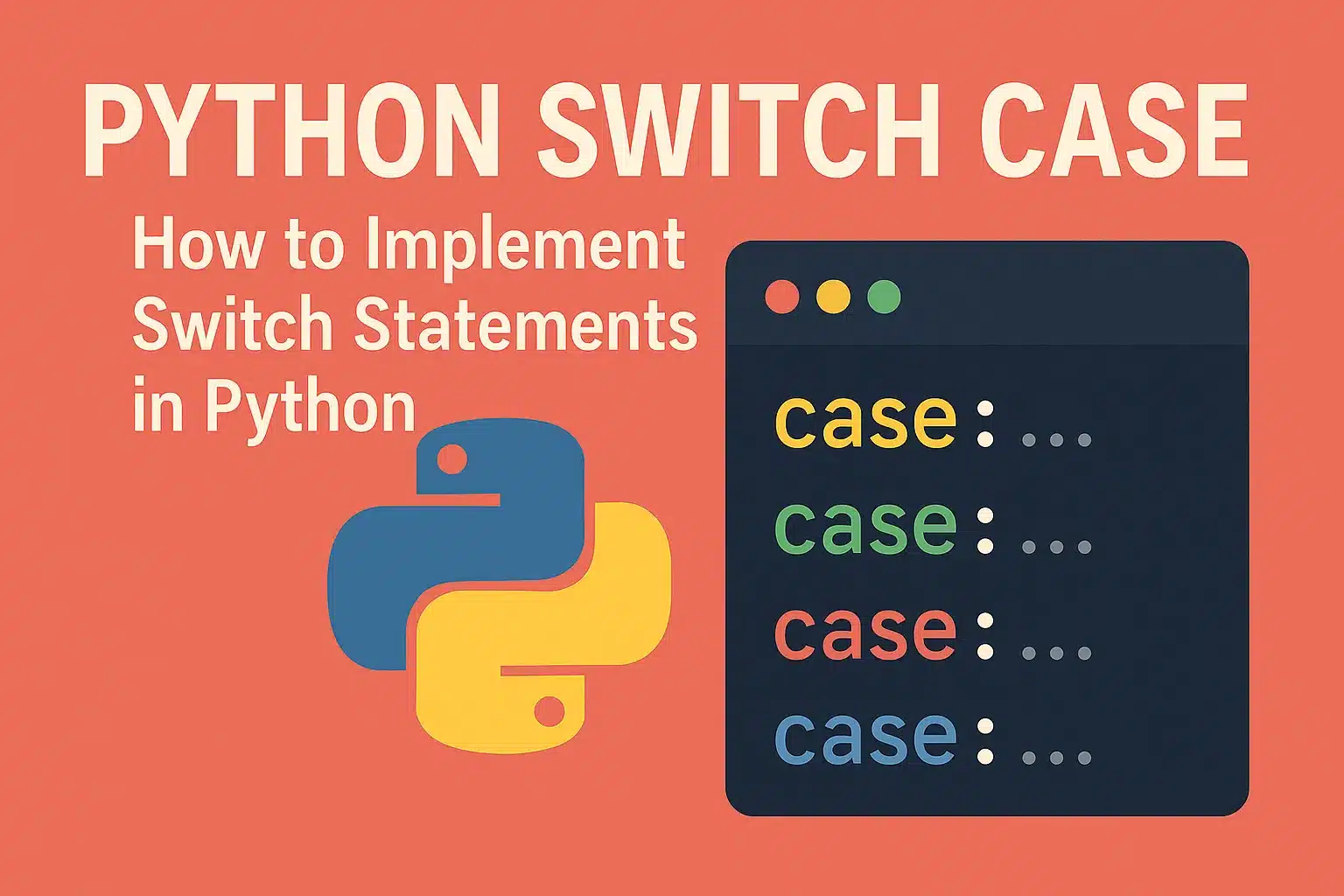Tag: python
-

PyCharm vs VS Code — Which Python IDE Wins in 2025?
For Python developers, the choice of IDE isn’t just a preference — it’s a productivity multiplier. From debugging and linting to virtual environments and CI/CD automation, your IDE defines how smoothly your workflow runs. As Python continues to dominate data science, web development, and AI, PyCharm and VS Code remain the two top contenders. Both…
-

How to Replace Strings in Python?
Strings are everywhere in Python, from logs to user inputs, and often need cleaning or replacing. Since Python strings are immutable, they can’t be changed directly, but Python provides multiple easy ways to handle replacements. In this guide, we’ll explore different methods to replace strings in Python using replace(), slicing, lists, translate(), and regex with…
-

Monitor API Calls in Chrome and Validate Flask APIs
You have probably seen pages where fresh information loads in without a page reload, or some forms that submit without an apparent refresh. What is happening here is that API calls are being made to send and receive information in background. API calls generate seamless and responsive application experiences. In this introductory tutorial, you will…
-

Introduction To Selenium Software Testing
In the field of agile development, software testing can be a difficult task. Much of the exhaustive testing is conducted manually, which can slow release schedules, as well as make errors more likely. Selenium is a great fit here. Selenium is an open-source tool that allows you to automate web browsers, which, one could argue,…
-

What is a Python Bytestring?
In the programming language, Python, binary data and text are often used when working with files, APIs, data encoding and decoding, and networking. In this article, we are going to answer some of the common questions that arise in this process. Some of which include what bytestrings are, how to convert strings to bytes and…
-

How to Create a Pandas Pivot Table in Python
In today’s data-driven world, collecting data is easy, but making sense of it is what truly matters. That’s where Pandas pivot tables come into play. With just a few lines of Python, you can quickly turn disorganized data into meaningful, well-structured summaries. Imagine Excel pivot tables, but faster, more flexible, and fully powered by code.…
-

Python Switch Case: How to Implement Switch Statements in Python
Have you ever wished Python had a native switch-case statement like C or Java? It would make conditional logic so much easier to read, especially when you have more than 3 conditions to handle. While Python doesn’t offer a built-in switch-case structure, the good news is that there are clean and Pythonic ways to achieve…
-

How to Use Python Code for Pulling API Data Efficiently
Do you ever feel like you need a superpower to get the information you need? Especially when you’re really into Python? APIs are pretty much that superpower! APIs (Application Programming Interfaces) let your code "talk" to other systems and get exactly what you need. They can help you come up with a new app, find…
-

Introduction to Gitlab Python API
Doing things manually on GitLab is okay, but it can get repetitive and time-consuming. That’s where the GitLab Python API comes to the rescue! With it, you can automate tasks like creating projects, branches, or merge requests using just a few lines of Python code. It’s incredibly handy for DevOps, scripting, or personal projects! In…
